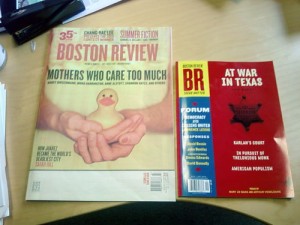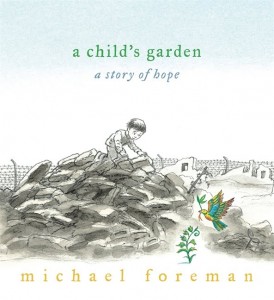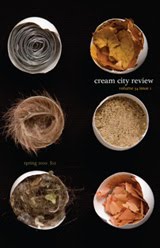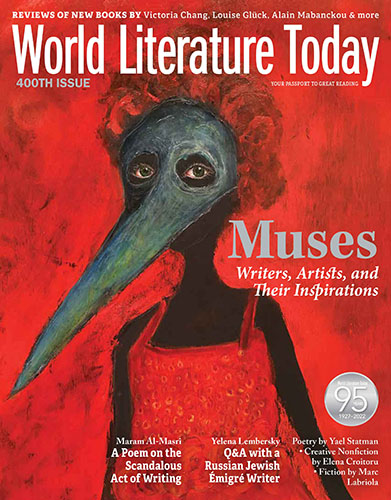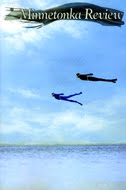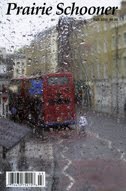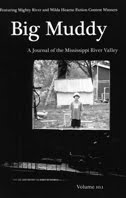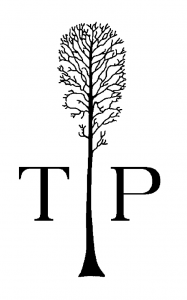New Lit on the Block :: The Common
 Editor Jennifer Acker and Poetry Editor John Hennessy head The Common, a biannual print publication from Amherst College in Amherst, Massachusetts. Inspired by this mission and the role of the town common, a public gathering place for the display and exchange of ideas, The Common seeks to recapture an old idea. The Common publishes “fiction, essays, poetry, documentary vignettes, and images that embody particular times and places both real and imagined.”
Editor Jennifer Acker and Poetry Editor John Hennessy head The Common, a biannual print publication from Amherst College in Amherst, Massachusetts. Inspired by this mission and the role of the town common, a public gathering place for the display and exchange of ideas, The Common seeks to recapture an old idea. The Common publishes “fiction, essays, poetry, documentary vignettes, and images that embody particular times and places both real and imagined.”
The first issue (00), much of which is available online via PDF, features works by Ted Conover, Yehudit Ben-Zvi Heller, Michael Kelly, Honor Moore, Sabina Murray, Mary Jo Salter, Don Share, Jim Shepard, and Marina Tsvetaeva.
The Common is currently accepting submissions for Issue 01. The submission period is September 15-December 1.





